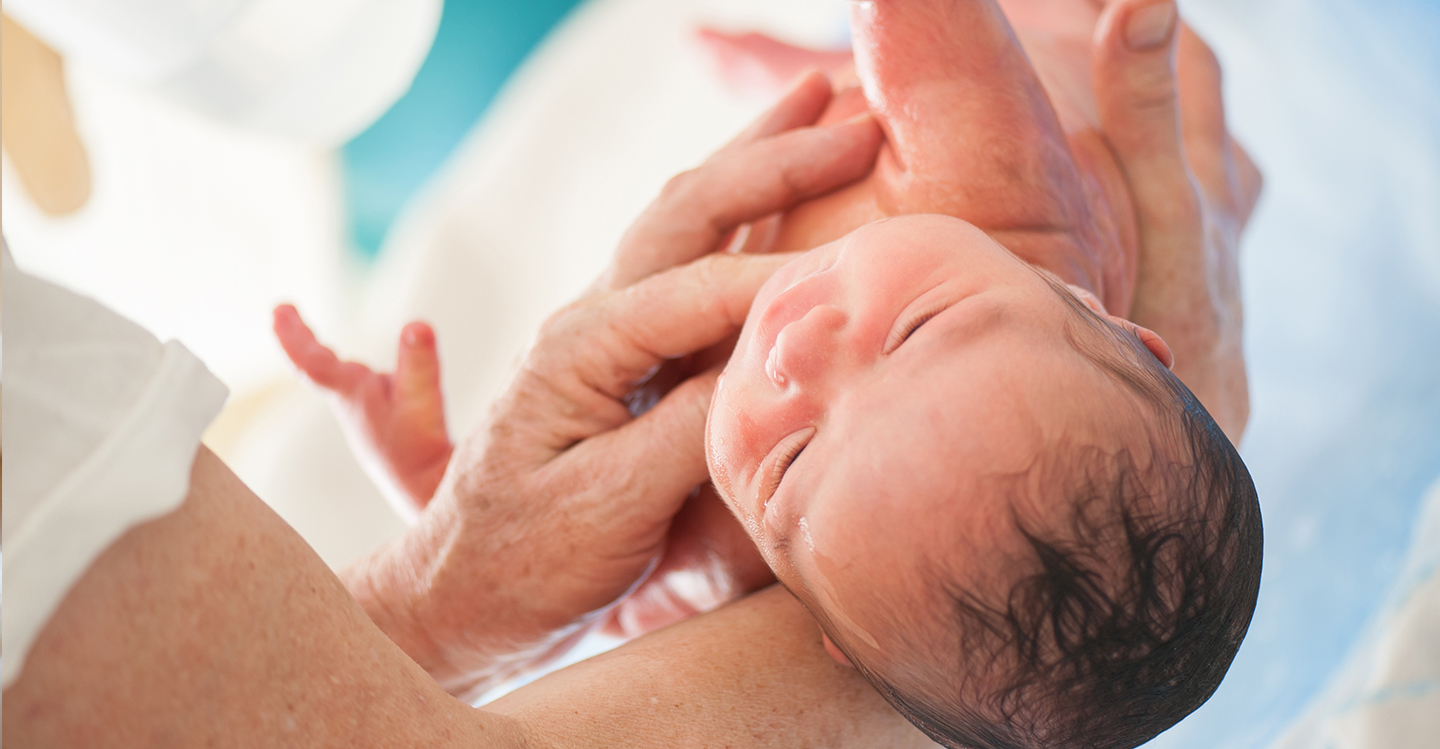Week 28 to Week 40
These last weeks of your pregnancy are dominated by the physical changes your body is undergoing. Your baby will be consolidating the growth and development that marked the first two trimesters, rapidly increasing its chances of survival with premature birth.
What’s happening to my baby?
Your baby’s skeleton starts to harden, although their skull will remain soft to help the journey through the birth canal. Their lungs fully develop, preparing themselves for breathing outside the uterus.
Most babies will start to position themselves head down, ready for birth. The hospital will monitor this closely and may advise a caesarean birth if the baby doesn’t turn.
What’s happening to me?
The impact of pregnancy that you experienced in the first trimester returns. The growth of the baby and the weight they add to your body can lead to discomfort and awkwardness. You may feel leg cramps and pressure on your lower abdomen forcing you to go to the toilet frequently, and you may lose some control of your bladder.
Many women sleep on their sides, which eases the pressure on their abdomen. You may also feel shortness of breath due to your uterus pressing up on your diaphragm. Your skin can develop varicose veins, and you might find it itchy due to the stretching. This can lead to stretch marks, which, although permanent, will fade over time.
Towards the end of your pregnancy it’s a good time to develop a pregnancy plan, make a hospital checklist and prepare your home to ease the transition of introducing your baby.



